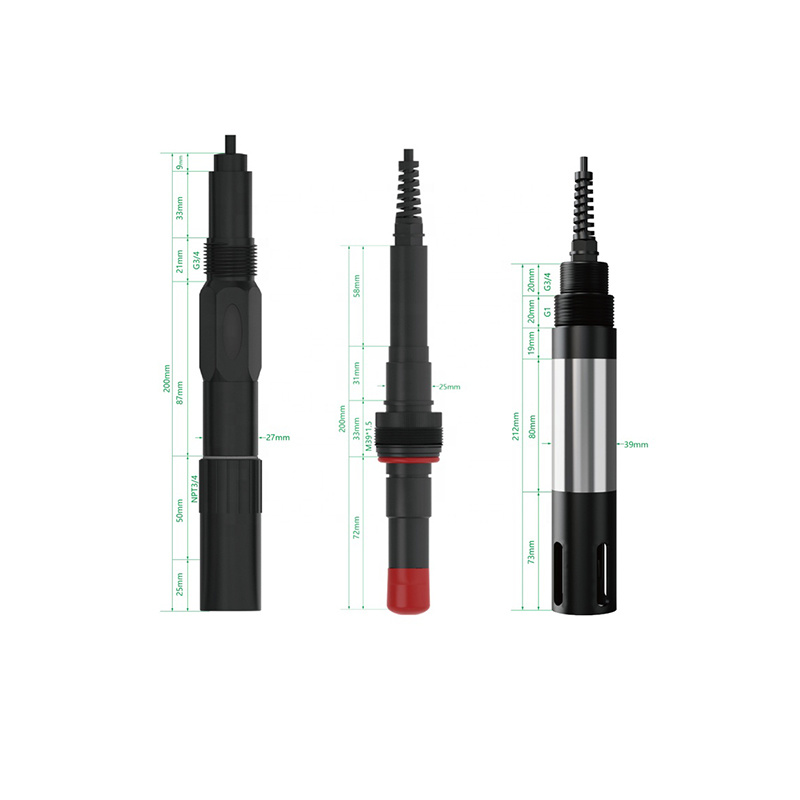Comprehensive Guide to Calcium Ion Sensors: Understanding Their Role and Applications
May 21,2025

Calcium ion sensors are specialized devices designed to detect and measure calcium ion concentrations in various environments. These sensors play a crucial role in a multitude of applications, ranging from medical diagnostics to environmental monitoring and food safety. Understanding the functionality and advantages of calcium ion sensors can help professionals in various fields make informed decisions regarding their use and implementation.
One of the fundamental principles behind calcium ion sensors is their ability to selectively bind calcium ions through a specific recognition mechanism. This mechanism often involves ion-selective electrodes or optical detection techniques. The sensor generates a measurable signal corresponding to the concentration of calcium ions in the sample, allowing for real-time monitoring and analysis.
In the medical field, calcium ion sensors are primarily utilized for monitoring calcium levels in blood serum, which can be vital for diagnosing conditions such as hypercalcemia or hypocalcemia. By providing accurate and timely readings, these sensors can aid healthcare professionals in making critical decisions regarding patient treatment and care.
In the realm of environmental monitoring, calcium ion sensors are employed to assess water quality. Calcium ions are significant indicators of water hardness and can influence various water characteristics. By analyzing calcium concentrations, stakeholders can evaluate the health of aquatic ecosystems and ensure compliance with environmental regulations.
Food safety is another important area where calcium ion sensors are making a significant impact. Monitoring calcium levels in food products can ensure quality control and safety standards are met. For example, in dairy products, maintaining the right calcium concentration is essential for product consistency and consumer health. The implementation of calcium ion sensors in food processing can enhance product quality and reduce the risk of contamination.
When selecting a calcium ion sensor, it is essential to consider various factors, including the sensor's range, sensitivity, response time, and compatibility with different media. Additionally, the environment in which the sensor will be deployed (such as temperature and pH levels) should be taken into account to ensure optimal performance.
In conclusion, calcium ion sensors are versatile and vital tools in various industries, offering crucial insights into calcium concentrations that can impact health, safety, and environmental quality. By understanding their functionality and applications, professionals can leverage these sensors to enhance processes and outcomes in their respective fields. Whether in healthcare, environmental science, or food safety, the role of calcium ion sensors cannot be overstated, making them a key component in modern sensor technology.
Contact Us
E-mail :
andrew@genesit1.com
Phone:
+8615896508337
Address:
Chanhe Industrial Park,LuoYang City, Henan Province,China


